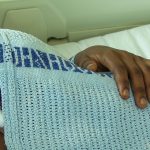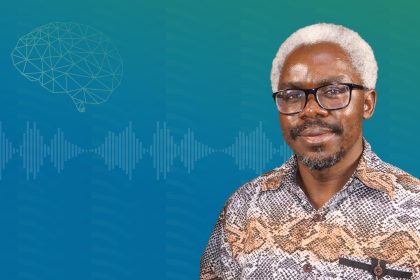Joubert syndrome — a rare genetic condition marked by the tell-tale ‘molar tooth sign’ on brain scans — disrupts coordination, balance, and milestones, yet remains little known and often misunderstood.
When Roselyn Kanja Odero first held her newborn son, Morgan, nothing seemed amiss. But as weeks turned into months, milestones slipped by. Morgan wasn’t holding his head up; he wasn’t sitting. “He started holding his head up around the fifth month,” Roselyn recalls. “And then started sitting at three years,” she adds.
A long and confusing medical journey followed — endless hospital visits, recurrent infections, and no clear answers until a brain MRI revealed Joubert syndrome, a rare neurological disorder that affects only 1 in 80,000–100,000 children worldwide. Often mistaken for cerebral palsy, it’s caused by mutations in more than 30 genes that disrupt brain development, particularly in the midbrain, which controls balance and coordination.
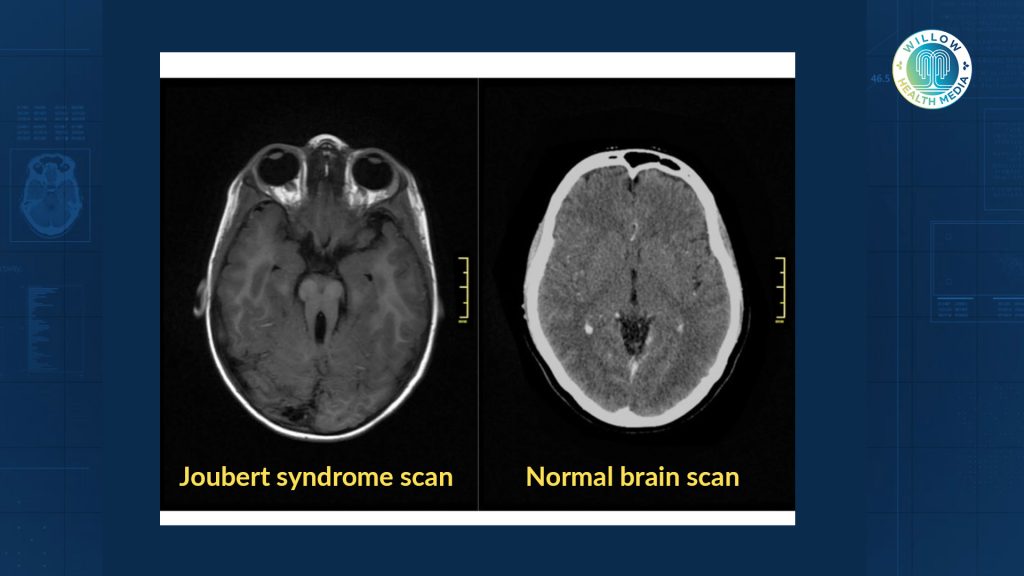
“Joubert’s syndrome is a condition that is caused by the fact that part of the brain is not formed,” explains Dr Catherine Mutinda, paediatrician and geneticist. “The genetic imprint or code responsible for that part being formed is either not there or it’s not working.”
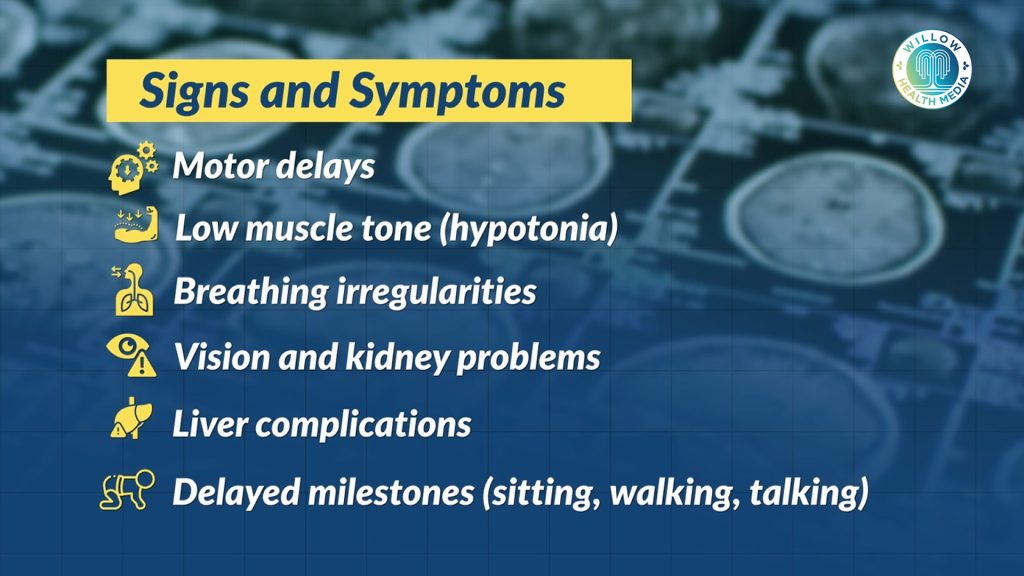
For Roselyn, the diagnosis brought both answers and challenges. Therapy sessions cost up to Ksh3,000 each, with Morgan sometimes needing three per week. A specialised formula once cost Ksh3,000 per pack — one pack per week. At school, Morgan requires both mobility aids and a dedicated special-needs teacher.
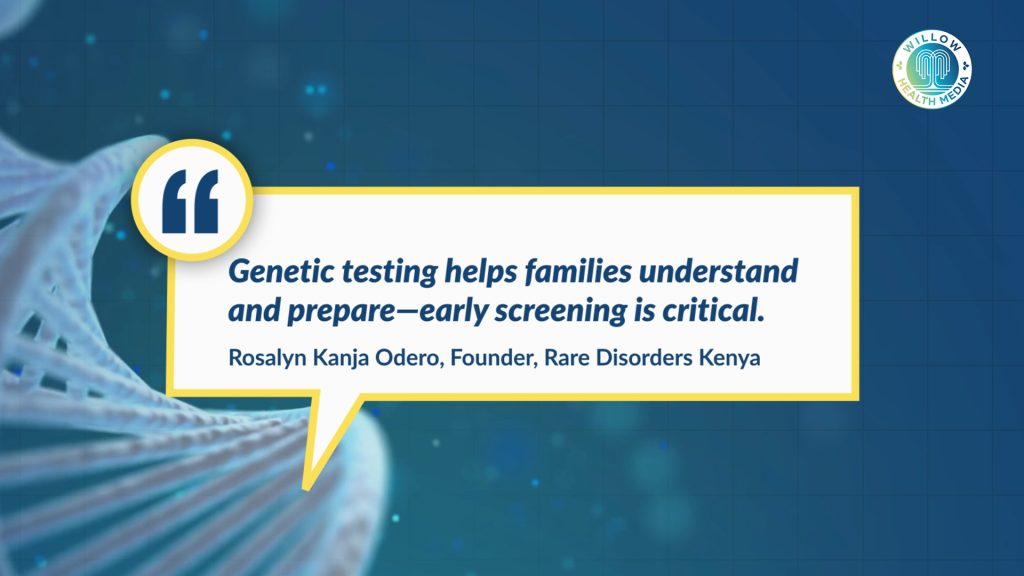
Now eight, Morgan still trails his peers by about two years developmentally, but his emotional intelligence and spark often outshine expectations. Roselyn, co-founder of Rare Disorders Kenya, urges parents to trust their instincts: “As a mother, you are the primary caregiver, the primary doctor, the primary clinician. Trust that instinct.”









